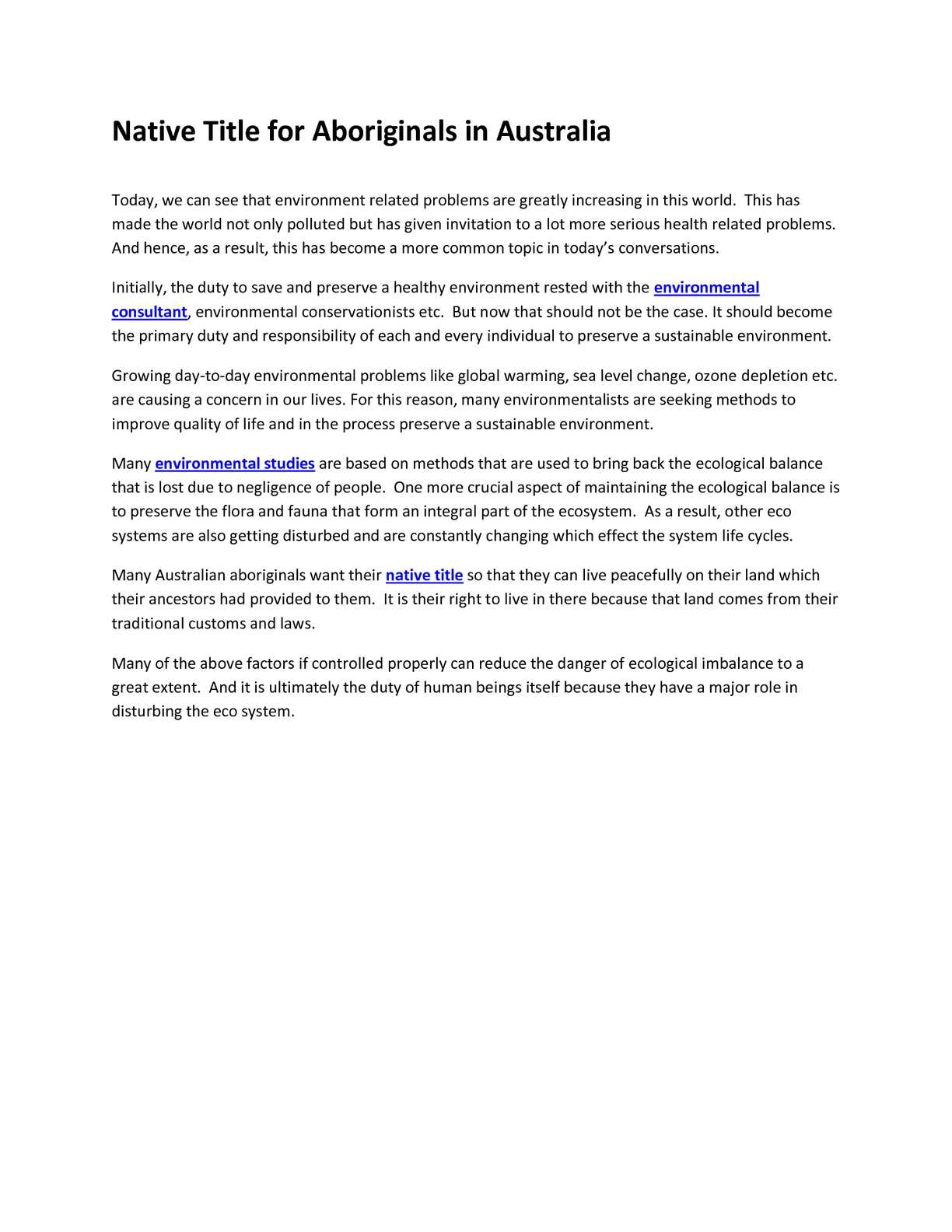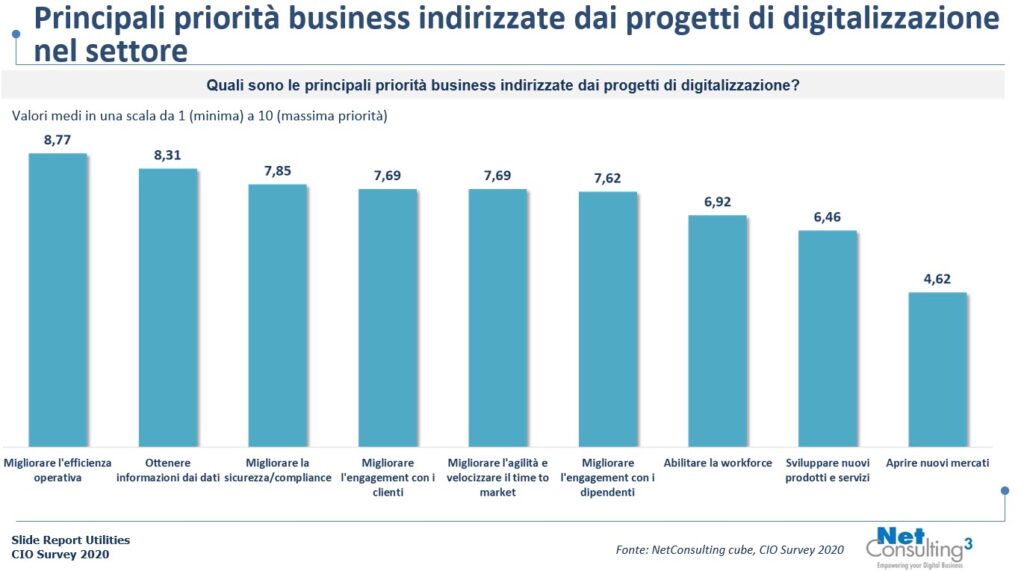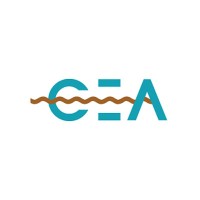
It is important to think about a variety of factors when hiring a consultant. These factors include cost, deliverables, and selection process. Also, you should consider the deliverables that you want and how you intend to measure success. These are some tips to help you select the right consultant for your company.
Consultant service: Setting goals and measuring the results
You can ensure your success by setting goals and measuring the deliverables of a consulting service. The goals should clearly state how much work is required and by what time. They must also be specific, measurable and achievable, relevant, time-bound, and answer the questions of "how much" or "what kind". Management planning, implementation, control, and management planning all depend on measuring results.
Costs
A consultant may charge between $150 and $300 an hour. Many consultants offer discounted rates for long-term contracts. However, it's best to pay what you're worth. You need to do your research in order to determine the right rate. Divide the work hours you have per year by five. This will give you an estimate of your hourly rate. This method can give you a rough idea of average rates charged by other consultants.

One aspect of owning a consulting business is managing overhead costs. These include office supplies and computer systems, marketing, and professional advisors. Software may be required to complete the project. Contractors may also need to be trained by consultants.
Selection process
If you're looking for a consultant, it is essential to understand how to do this. There are two options when selecting a consultant. You can choose a consultant using the Department's standard process. Second, you can select a consultant based on their level of experience. You will be able to gain a competitive advantage by having a consultant with experience in a particular field.
Sending out a request to proposals (RFP) is the first step in the selection process. This is a formal document which will help you communicate all your requirements to potential contractors. This document should contain information about your business as well as the project you are working on. Additionally, it should establish the credibility of your business and give the consultant a legitimate reason to respond. It is important to be as precise as possible with your requirements.
Engagement
An engagement letter should clearly outline the client's views on the main objectives of the assignment. This will enable the consultant focus on the essence. This letter should outline the expectations of the client and the steps that must all be followed. It should describe the desired outcome and provide references to the organization’s confidentiality rules. This will establish trust between the client, the consultant, and the client. Engagement letters should contain information about the fee structure.

A good agency should offer multiple options for clients that meet their needs. A good agency should offer small- to medium-sized businesses a complete engagement survey and consulting services. This could help employers find the most effective way of engaging employees as well as guide new employees into meaningful careers.
FAQ
What can I anticipate from my consultant
You should hear back from your chosen consultant within a few days. They will usually ask for information about your company, including its mission, goals, products, services, budget, etc. They will then send you a proposal that outlines the scope of work and estimates timeframe, fees, deliverables, milestones and other details.
If everything looks good, then the two parties will negotiate a written contract. The type of relationship between the parties (e.g., employee-employer, independent contractor-employer) will affect the terms of any contract.
If everything goes smoothly, the consultant can begin work immediately. S/he will have access to your internal documents and resources, and you'll have access to his/her skills and knowledge.
Don't think that consultants are experts. It takes practice, effort and practice in order to be an expert in any area you consult. So, don't expect your consultant to know everything about your business.
How do I choose a good consultant?
There are three major factors you should consider:
-
Experience - How experienced is the consultant? Is she a beginner? Intermediate? Advanced? Expert? Does her resume show that she has the necessary skills and knowledge?
-
Education - What did he/she learn in school? Did he/she pursue any relevant courses once he/she graduated? Were there any evidences of this learning in his/her writing?
-
Personality - How do we feel about this person? Would we prefer him/her working for us?
-
The answers to these questions help determine if the consultant is right for our needs. If the answers to these questions are unclear, it might be worth a first interview to get more information about the candidate.
Why would you want to hire consultants?
There are many factors that could lead to you hiring consultants.
-
A specific project or problem may be a challenge for your company.
-
You want to improve or learn new skills.
-
You'd like to work in conjunction with an expert in a specific field
-
There is nobody else who can do this job.
-
It's overwhelming to see all the information, and you don't know how to get started.
-
You can't afford full-time employment
Word of mouth is the best way to find a great consultant. Ask around to see if you know any good consultants. If you already know someone who works as a consultant, ask him/her for recommendations.
If you choose to use online directories such LinkedIn, make sure to use the "Search People” function to locate consultants in your area.
Who hires consultants
Many organizations hire consultants to assist with projects. These include small businesses, large corporations, government agencies, non-profits, education institutions, and universities.
These consultants may work directly for the organization, or freelance. In either case, the hiring process varies depending on the size and complexity of the project.
Before you can hire a consultant, there will be several rounds of interviews.
What skills is required to consult?
Strong interpersonal and analytical skills are essential for consultants. This is vital because you may not understand the scope of your work. This is a must because you need to learn how quickly you can manage people.
A strong communication skill is also necessary. Most clients expect to hear back within 24 hours. If they don’t hear back, they assume that you aren’t interested. It is crucial that you keep them up to date and make sure they know what's happening.
Statistics
- On average, your program increases the sales team's performance by 33%. (consultingsuccess.com)
- My 10 years of experience and 6-step program have helped over 20 clients boost their sales by an average of 33% in 6 months. (consultingsuccess.com)
- Over 50% of consultants get their first consulting client through a referral from their network. (consultingsuccess.com)
- According to statistics from the ONS, the UK has around 300,000 consultants, of which around 63,000 professionals work as management consultants. (consultancy.uk)
- So, if you help your clients increase their sales by 33%, then use a word like “revolution” instead of “increase.” (consultingsuccess.com)
External Links
How To
What should I do to get started with a consulting business?
A consulting business is a great way of making money online. It doesn't require any prior business experience nor capital. It is possible to create a website to launch your consulting business. Once you've built a website, you'll want to use social media platforms such as Facebook, Twitter, LinkedIn, Instagram, Pinterest, YouTube, etc... to get the word out about your services.
You can create a marketing strategy that includes these things with these tools
-
Create content (blogs).
-
Establishing relationships (contacts).
-
Generating leads (lead generation forms).
-
Selling products online
Once your marketing strategy is developed, you need to find clients willing and able to pay for your services. While some prefer to network through events and networking groups, others prefer to use online tools like Craigslist or Kijiji. It's up to you to make the decision.
Once you have secured new clients, you will need to discuss terms with them and their payment options. You can discuss hourly rates, retainer agreements, flat fees, and other options. It's important to know what you expect before accepting a client so you can communicate clearly throughout the process.
Hourly agreements are the most common contract type for consultancy services. In this case, you agree to provide certain services at a fixed rate each month or week. You may be able negotiate discounts depending on what service you offer. Before you sign a contract, ensure you understand everything.
Next, you will need to create invoices that you can send to your clients. Invoicing is one those things that seem so simple until you actually do it. There are many different ways to invoice your clients, depending on your preferences. You can choose to have your invoices sent directly to your clients or to print them and send them. No matter what you do, make sure it works!
Once you have created invoices, it is time to collect the payments. PayPal is the most popular payment option because it's easy to use and provides multiple payment options. You can also use Square Cash, Square Cash (Google Wallet), Square Cash, Square Cash, Apple Pay and Venmo as payment processors.
Once you are ready to start collecting payments, it is time to open bank accounts. Separate savings and checking accounts will allow you to track your income and expenses independently. Automated transfers into your bank account are a great way to pay bills.
It can seem daunting to start a consulting business. But once you understand how it works, it becomes second nature. This blog post will provide more information about starting your own consultancy business.
It's a great way for extra income without having to worry about hiring employees. Many consultants work remotely, which means they don't have to deal with office politics or long hours in the office. Being able to work remotely allows you more freedom than traditional employees.